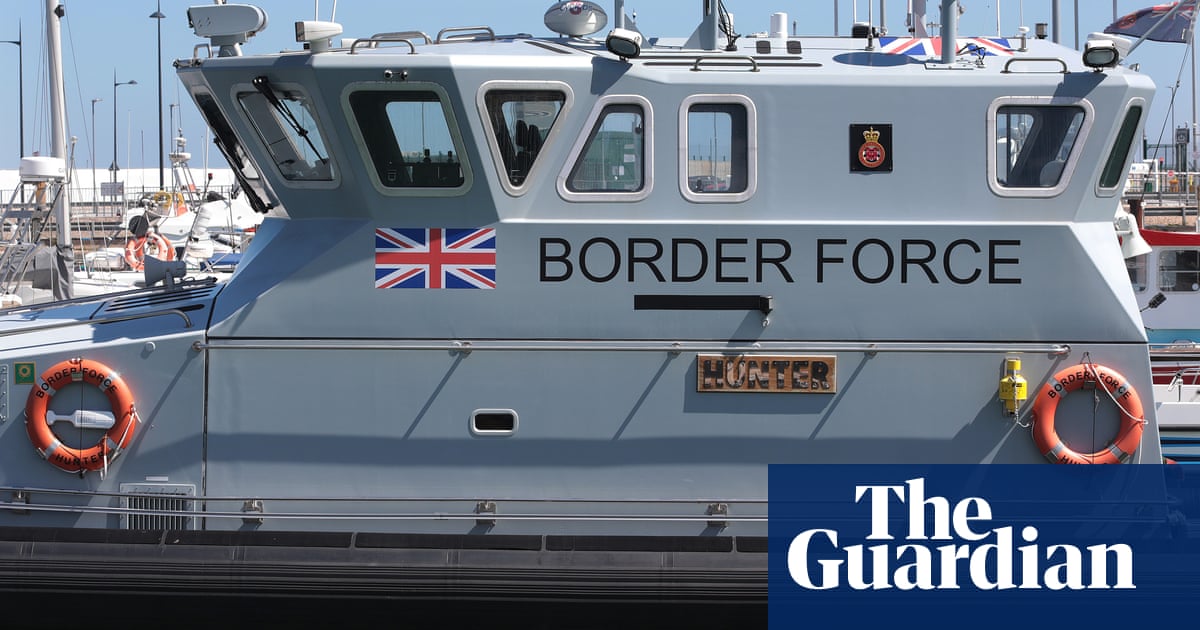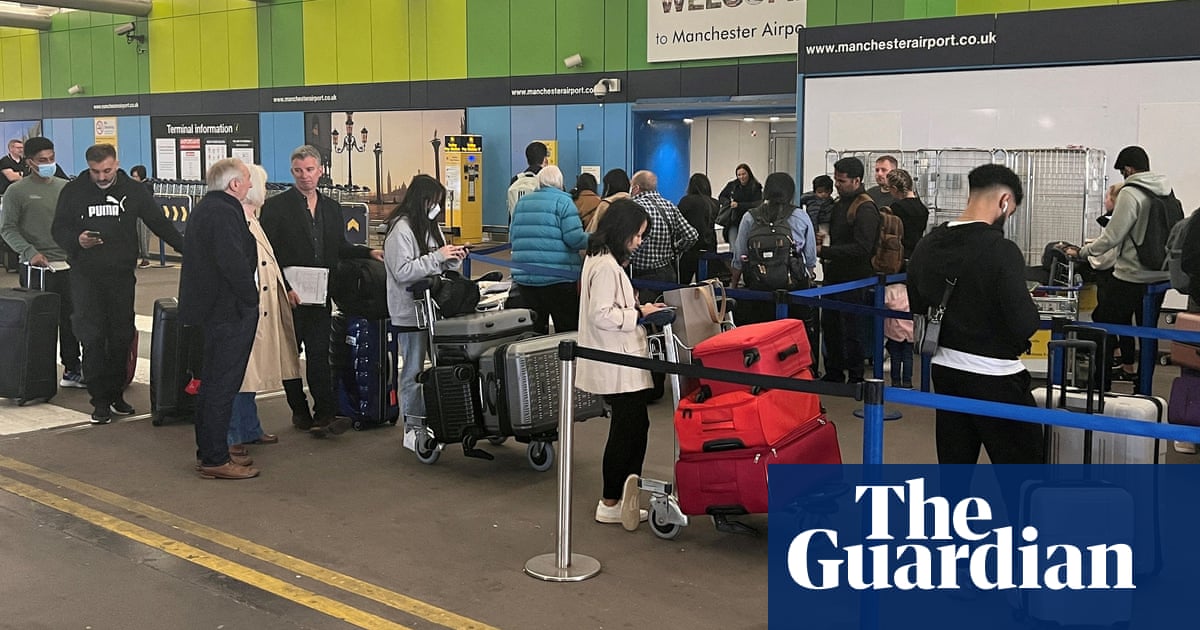
Border Force strikes over pay and conditions could be extended to ports including Dover within weeks, the Guardian can disclose.
The Public and Commercial Services Union has recently discussed the possibility of targeting major ports of entry in south-east England after eight days of industrial action concentrated on airports.
Business leaders have previously warned that a strike among members at Dover could bring freight services in and out of the UK to a standstill.
It comes as the government refuses to budge to boost public sector pay for 2022/2023, amid action among ambulance drivers, nurses and rail workers.
The PCS union insists that “all options are open” after receiving a mandate for industrial action from 100,000 members in 124 government departments and other bodies. So far, 6,000 have taken action.
Sources at the UK’s biggest civil servants’ union confirmed that action in ports has been discussed internally. A spokesperson said: “We have a six-month mandate for action, so all that needs to happen at Dover and elsewhere is we must give the employer two weeks’ notice.”
It comes after the union’s general secretary, Mark Serwotka, warned of a “huge escalation” of action in January.
More than 1,000 Border Force workers at London Gatwick, Birmingham, Cardiff, Manchester, Glasgow, and Heathrow airports went on strike after PCS announced a rejection of a 2% pay rise offer. Union members at Newhaven port in East Sussex also withdrew their labour.
About 10,000 trucks cross the Channel every day with regular pick ups for perishable food from big distribution centres in north France and Belgium.
The PCS has more than 2,000 members in the south-east who work at ports of entry including passport controls at Dover and Calais, the EuroTunnel entrance in Coquelles, Manston processing centre and Western Jet Foil, which is where people arriving on small boats are first landed in the UK.
An extension of a strike could affect immigration, where passports are checked; customs, where lorries and freight are examined for stowaways, drugs, and guns and to check paperwork; the importation of thousands of tonnes of goods into the UK every day; and boats that patrol the coastline and have recently been picking up tens of thousands of people seeking asylum.
It is understood that it is highly unlikely that the union would propose strike action on boats patrolling the Channel, because of the risk to lives.
During the Christmas strikes, the government drafted in more than 800 military personnel and civil servants to staff entry gates and insisted that there would be no compromise on security.
However, the Guardian disclosed that soldiers and sailors working at passport check points had only received between three and five days of training. Leaked emails showed that the temporary staff were not authorised to stop people they suspected of criminal activity or those who were the victims of modern slavery.
Amid government claims that security had not been compromised, it also emerged that only nine people were stopped at passport control and held at Heathrow over three strike days from 23 to 25 December, compared with 189 people over the same three days in 2021 – a 95% drop.
The government has claimed that on only seven occasions out of hundreds of flights at the six airports over the eight days of the strikes were passengers forced to wait more than two hours.
Home Office sources were reported last week as saying that if the strikes were escalated to seaports such as Dover, they would have to train more people.
A Home Office spokesperson said: “We are disappointed with the union’s decision to continue strike action and the inconvenience this will cause to the public and businesses.
“We have comprehensive contingency plans in place and continue to work closely with partners and industry to manage its impact, whilst ensuring we can continue to deliver vital services to the public.”












